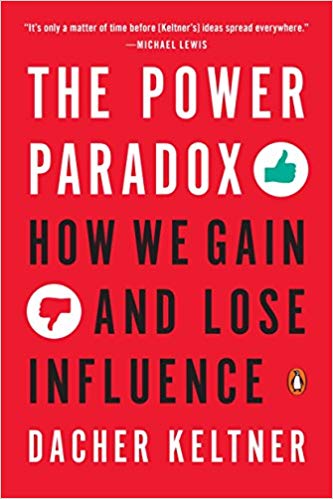
A revolutionary and timely reconsideration of everything we know about power. Celebrated UC Berkeley psychologist Dr. Dacher Keltner argues that compassion and selflessness enable us to have the most influence over others and the result is power as a force for good in the world.
“An innovative look at the idea of power…. [This] paradigm-shifting book challenges readers to find a new level of awareness about themselves and the leaders they choose to follow.”—Publishers Weekly
“The Power Paradox, compelling and eye-opening from start to finish, will change your view of what power is. Power turns out to be a subtler force than it seems, influencing us for better and worse more than we realize. This book explains how people get power, keep it, and keep from being corrupted by it. The good news is the radical claim at the heart of the book: that the best way to get and keep power is to use it for the greater good. This pathbreaking book is full of fascinating and little-known findings, and Dacher Keltner’s many years of creative work on the psychology of status and influence make him uniquely qualified to write it.” —Robert Wright, author of The Evolution of God and The Moral Animal
“Dacher Keltner shares insights into many aspects of power, including afternoon tea in Britain and how Lincoln won the presidency. His combination of academic sophistication and clear style delivers a new concept of power in our society today that is provocative and intriguing.” —Sheryl WuDunn, coauthor of Half the Sky and A Path Appears
“Dacher Keltner is the most interesting psychologist in America. He’s busy changing the minds of Americans about how power works, how inequality works. It’s only a matter of time before his ideas spread everywhere. And unlike most psychologists I know, he’s not a weirdo.”—Michael Lewis, author of The Big Short and Moneyball
“With personal insight and the latest science, Dacher Keltner is both realistic and idealistic: The Power Paradox sheds light on human power’s dark side, as well as its redeeming qualities. Everyone can learn from this wise book.” —Susan T. Fiske, Eugene Higgins Professor of Psychology and Professor of Public Affairs at Princeton University
“That power is not taken but given is true for most human relations today. It has ancient roots in primate behavior. Dacher Keltner applies a lifetime of research to this topic, offering a lively description of how true power is like a return on a social investment in others.”—Frans de Waal, author of Are We Smart Enough to Know How Smart Animals Are?
“The Power Paradox brings clarity to our confusion, brimming with evidence-based insights into powerlessness, the selfish uses of power, and the best kind: power that furthers the greater good. Dacher Keltner’s brilliant research gives us a lens that lets us see afresh hidden patterns in society, politics, and our own lives. No doubt this will be one of the most significant science books of the decades.”—Daniel Goleman, author of Emotional Intelligence and A Force for Good: The Dalai Lama’s Vision for Our World


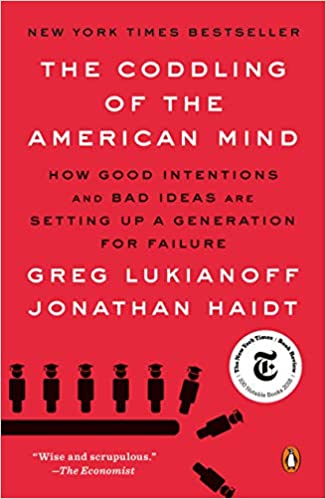
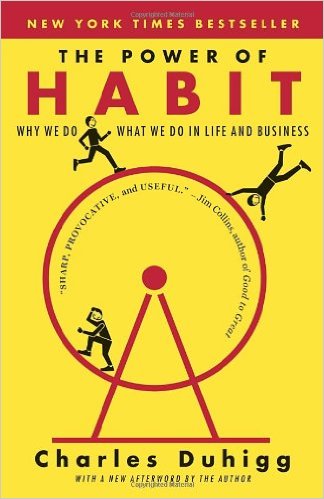
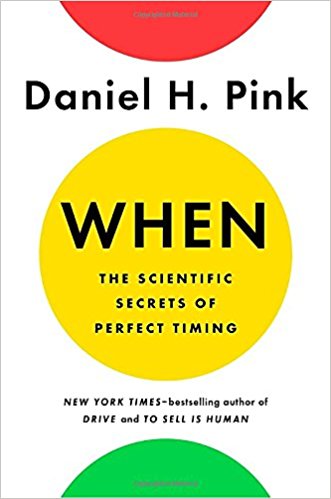

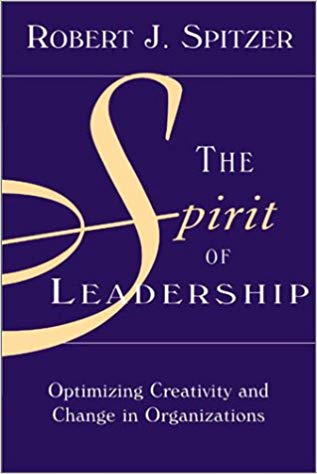






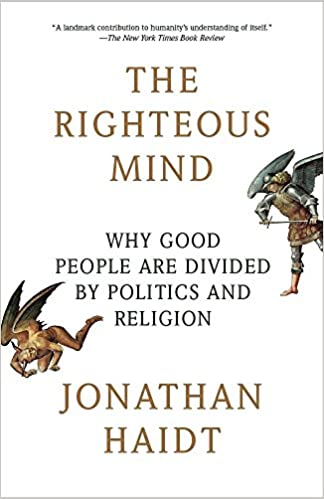



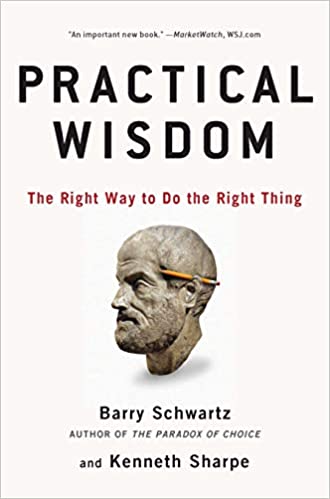

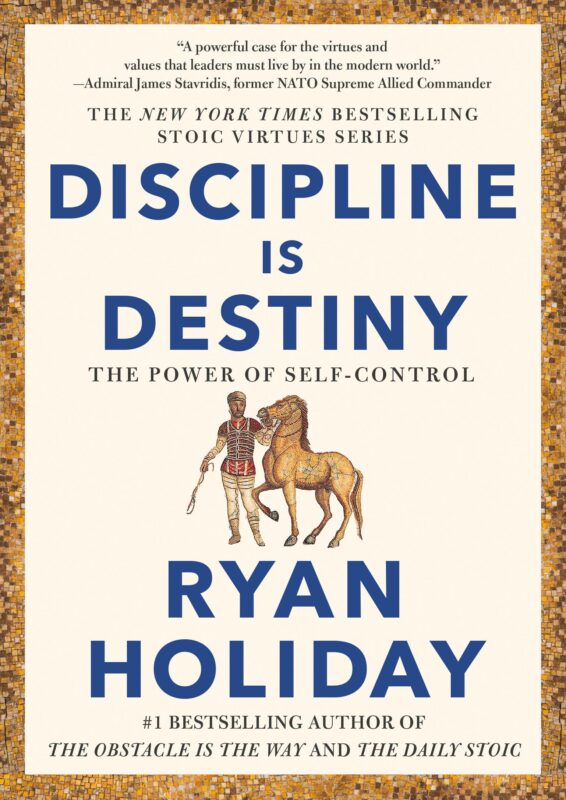
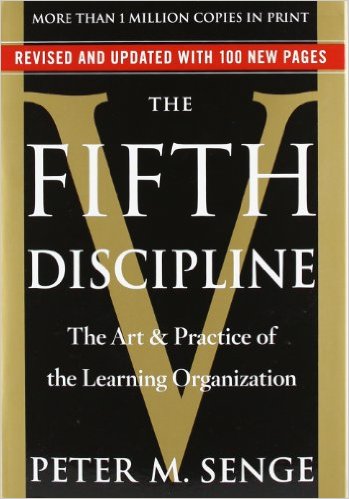
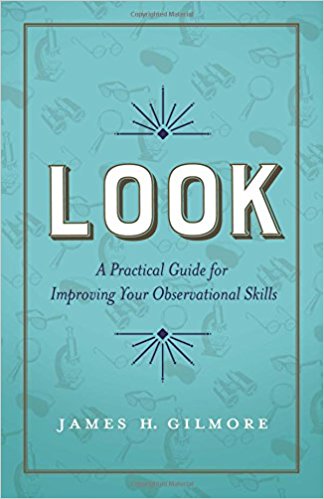




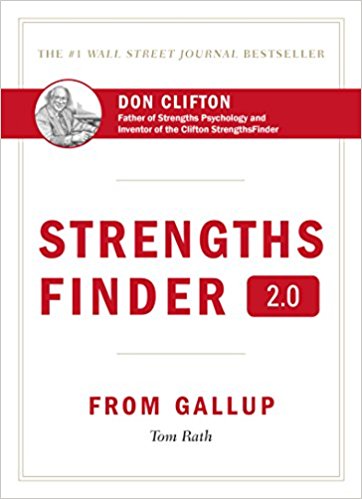
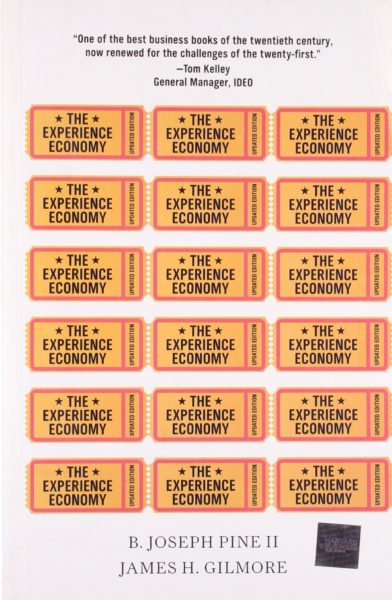

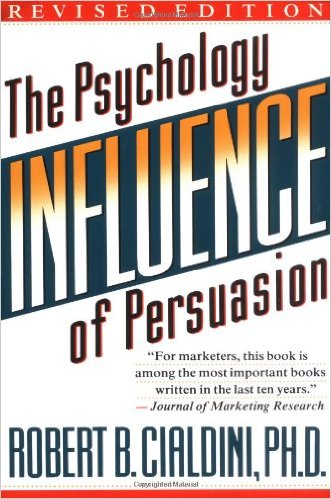


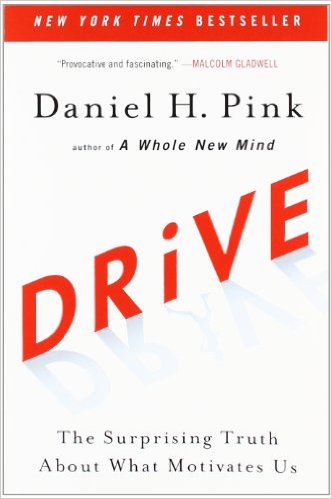
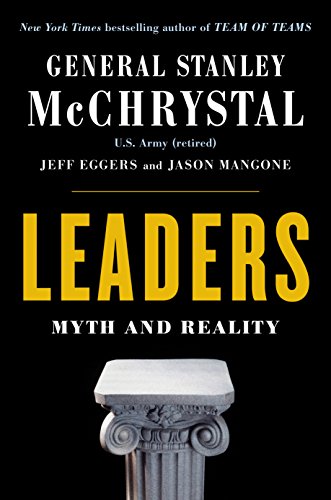





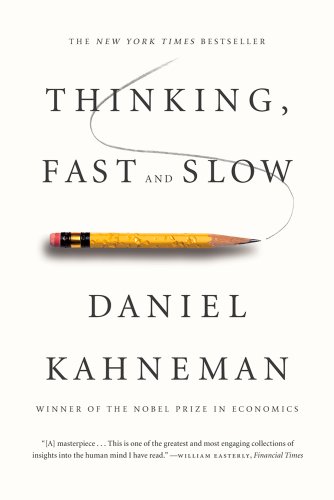

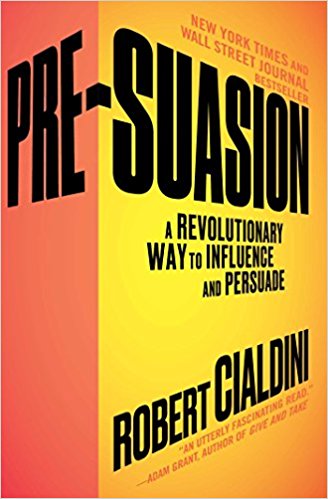
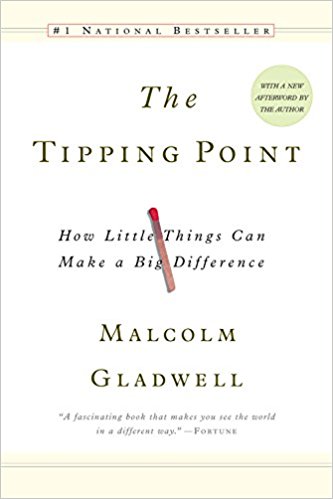

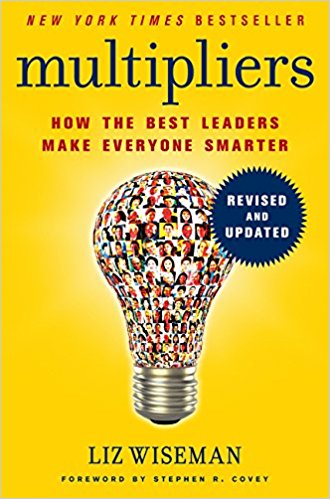



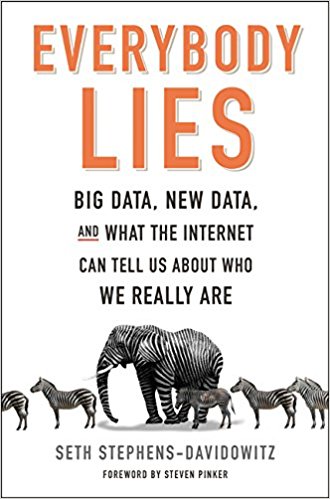
Recent Comments